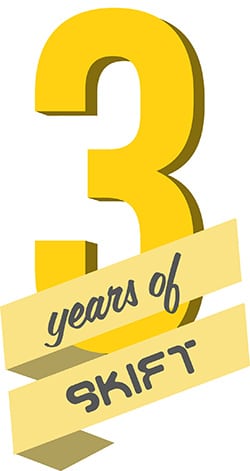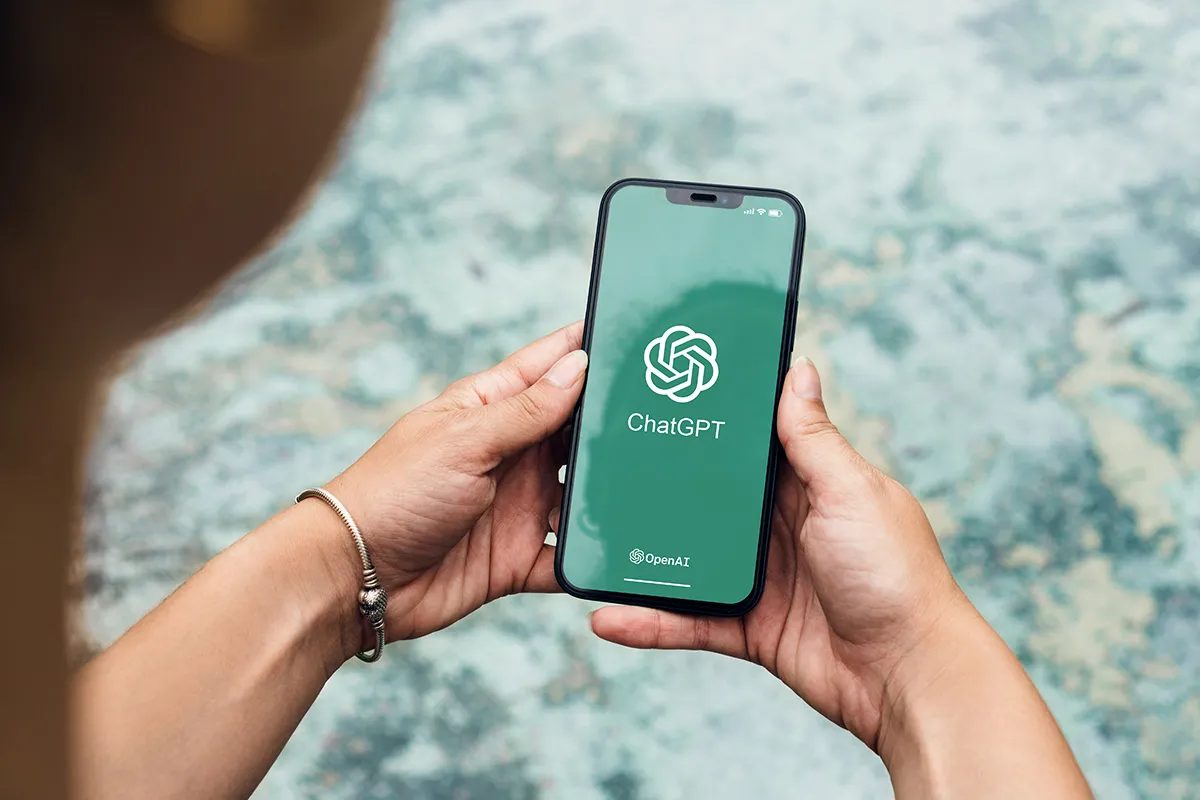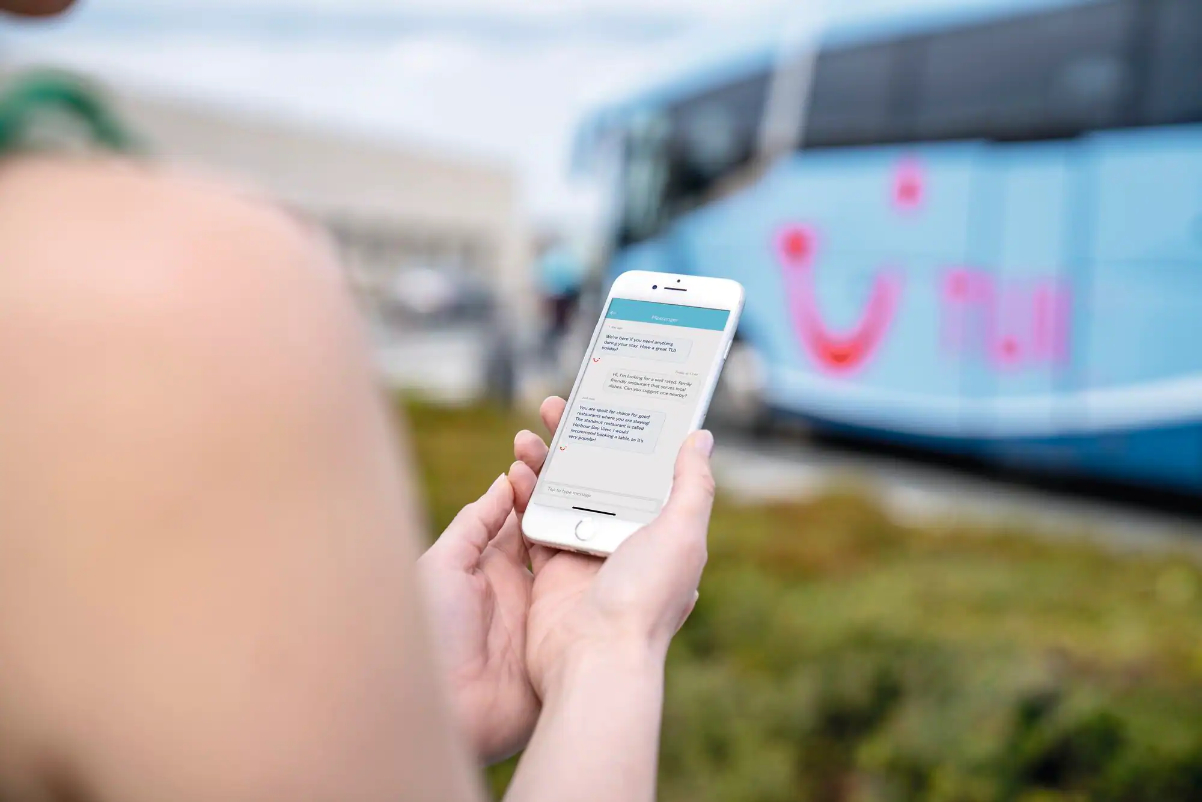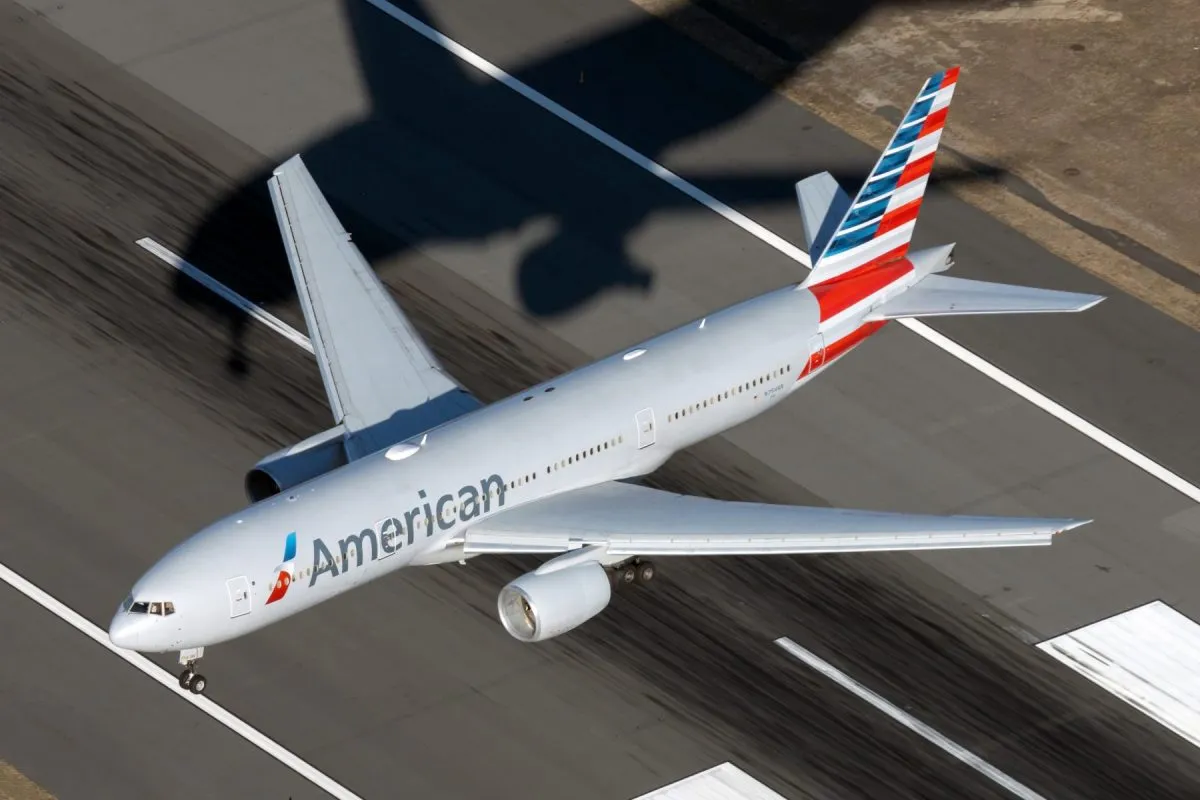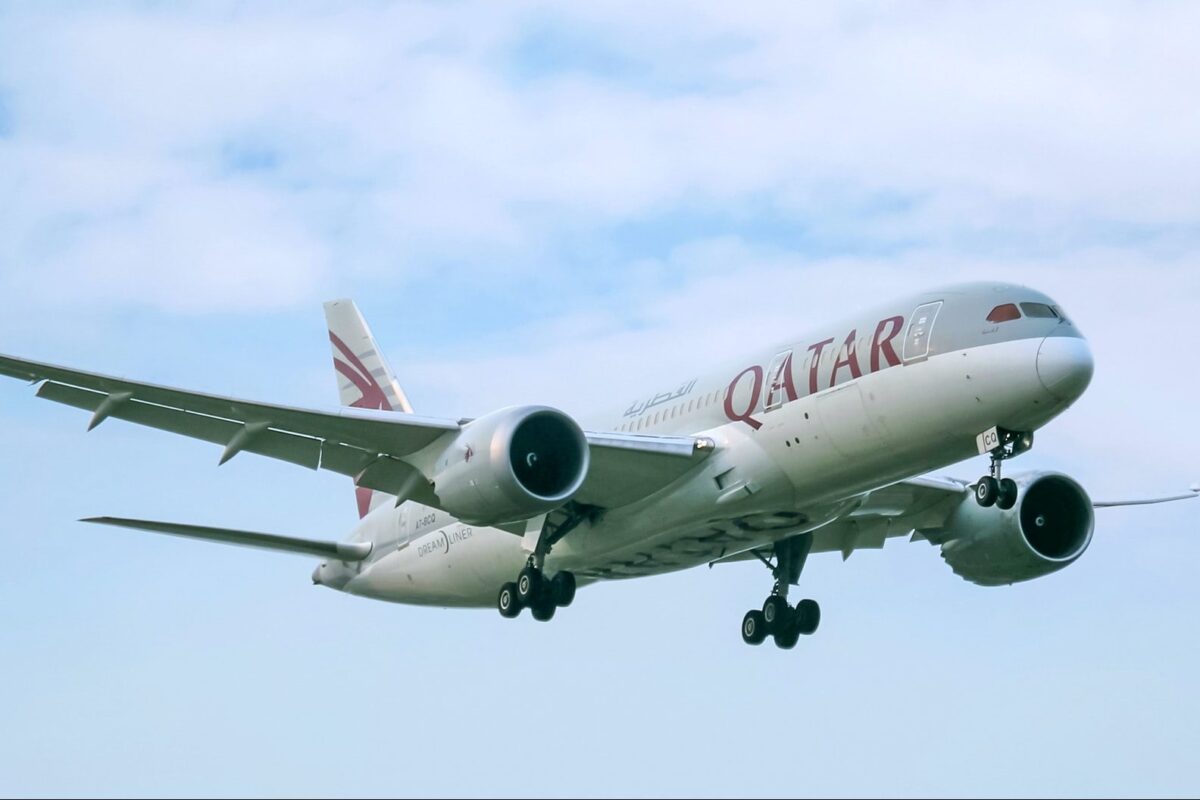Southwest Is the Most Contrarian U.S. Airline and That's Why It Always Wins
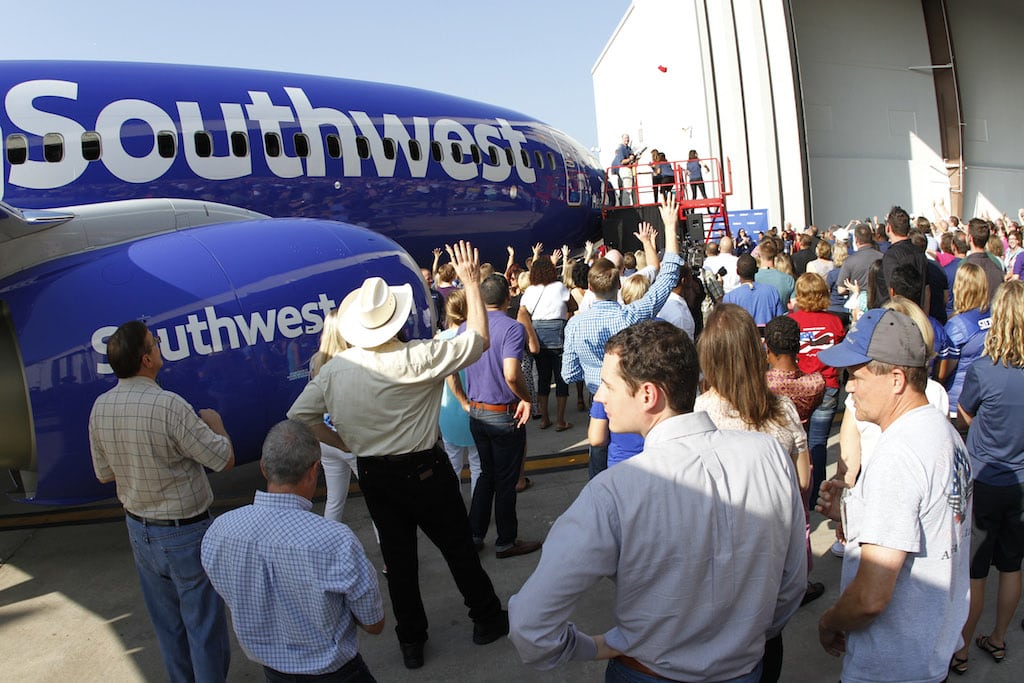
Skift Take
You won't find Southwest Airlines flight attendants wearing hot pants or go-go boots anymore. And no one at the Dallas headquarters thinks the airline can turn a Boeing 737 in 10 minutes.
But more than four decades after its founding as quirky Texas upstart with just three planes, Southwest retains a contrarian streak. You may have to look harder to find it, but Southwest, the nation's largest domestic airline, still has its own style.
Though it competes with legacy airlines, Southwest has little in common with them. Perhaps that's why Southwest has been so consistent in making money. Despite giving passengers two free checked bags and other goodies, Southwest has reported record profits in each of the past nine quarters. From April through June, Southwest reported net income of $608 million, with an operating margin of 22.5 percent.
At the Global Business Travel Association conference in Orlando earlier this week, Southwest CEO Gary Kelly repeated a finding and said the airline has studied bag fees a lot and concluded that Southwest would lose $1 billion annually if it imposed checked-bag fees.
That's not to say Southwest hasn't evolved. Under Kelly, a Southwest lifer who joined the company in 1986 and starting running it in 2004, the airline acquired Air Tran, launched its own international service to Mexico and the Caribbean, expanded to New York LaGuardia and Washington Reagan and added its largest jets ever. Southwest has even implemented fees for priority boarding, a move that angered some loyalists.
But even after 42 consecutive profitable years, Southwest has mostly stayed true to its roots. Wall Street analysts, who often push airlines to consider new revenue streams, have just about given up asking Southwest if it might charge for bags or assign seats in advance. They know Southwest prefers to run its business its own way.
Southwest sometimes isn't the low-fare carrier on specific routes these days as Spirit and others will occasionally get in their with lower fares (if you don't take into account tacked-on fees). Southwest, too, dabbled in 2013, with advertising itself as a more mature and corporate-oriented airline but that effort fell flat.
Here are some of the ways Southwest remains contrarian.
Single Fleet Type
When Southwest announced plans to merge with Air Tran in 2010, the airline planned to keep Air Tran's 88 Boeing 717s. But after crunching the numbers -- the 717 isn't as fuel efficient as newer-generation 737s -- and learning Delta wanted those 717s, Southwest changed course. Delta now flies the 717s, and Southwest remains an all-737 airline, with about 700 of them. There are other single fleet-type carriers in the U.S. such as Alaska Airlines, which has about 140 737s, but none is as large as Southwest. This approach keeps Southwest efficient because any pilot can fly any plane.
Few Fees
For the past five years, U.S. airlines added fees for everything from checked baggage to preferred seats to light snacks, and financial analysts have been pleased. But Southwest is still offering more value than competitors, especially on checked bags. "They have resisted the financial community for two years now," said George Hamlin of Hamlin Transportation Consulting in Fairfax, Virginia. "You have to be careful with the word 'forever' but this has been in place for a few years now, and there's no hint of it changing."
Also, unlike other airlines, Southwest doesn't charge change fees. As long as passengers cancel before the flight, they can use the their ticket value for another itinerary. For this service, United, Delta and American charge $200.
Southwest loyalists sometimes complain the airline has more fees than before, but those are relatively minor compared to the competition. For example, Southwest charges $12.50 for Early Bird Check-in, a program that assigns passengers a boarding position 36 hours before the flight. Once on board, those travelers may choose the best seats.
According to a recent study from IdeaWorksCompany, Southwest trails United, American and Delta in total ancillary revenue by a significant margin. The study named United as the top airline for producing ancillary revenue in the world, estimating its annual haul at $5.86 billion. It said Southwest probably earns only $1.89 billion from services that include fees for third-checked bags, Early Bird Check-In, pets, Wi-Fi and booze.
Willing to Grow
Before last year, Dallas had plenty of flights because American operates one of the world's biggest airline hubs at Dallas/Fort Worth International Airport. But Southwest controls most gates at Dallas Love Field, which is closer to downtown Dallas than DFW, and it thought it had a competitive advantage. Since the federal government recently relaxed restrictions on what routes airlines could fly from Love Field, Southwest decided to add a slew of flights there last year.
Several analysts questioned whether it was a prudent move. They feared adding flights and capacity would hurt profits. But less than a year later, Kelly said Love Field has been an "incredible success story." Southwest is selling 94 percent of its seats at Love Field.
"There were a lot of critics that did not feel like there was much opportunity to grow and they were wrong," Kelly said recently. "We'll just look for those kinds of opportunities across the country and where they're available to us, we'll put in service. Where they're not, we won't force it."
Unlike other airlines, many of which take a more conservative approach (they call it "capacity discipline,") Southwest will add flights anywhere it thinks it can make money. This year, Southwest expects to grow at a 7% rate, far more than United or American, which both only expect to increase capacity by about 1 percent.
Hub Free
As they've chased profitability, United, American and Delta have generally only added flights at hubs where they are strong. That's good news if you're in a big city like New York or Atlanta, but if you live in Cincinnati, St. Louis, Tampa or Omaha, it doesn't help much. Southwest doesn't have traditional hubs, and it will add flights anywhere. It's why the airline flies unusal routes, like St. Louis to Tulsa.
Another strength of not having hubs? More of Southwest's passengers fly nonstop. That helps Southwest save money. "The reality is that taking someone on two flights is a higher cost product than nonstop," Hamlin said.
Simple Fare and Distribution Plan
If you go to Kayak or Orbitz expecting to search for a Southwest flight, you'll be disappointed. Kayak, for example, shows Southwest schedules but no fare information.
Southwest sells to consumers in one place: Southwest.com. That should be a handicap, since travelers can't comparison shop and some consumers who use traditional search engines may never visit the airline's website. But it works for Southwest, partly because it has loyalists who got used to it over the years and they might search its website and never bother to look at the competition.
Southwest also has an easy-to-understand pricing structure with three fare choices, Wanna Get Away, Anytime and Business Select.
"They are contrarian in the sense that most of the other airlines have let themselves become semi-commodities," Hamlin said. "Southwest has been successful in creating a brand where people go to it and seek it out."

